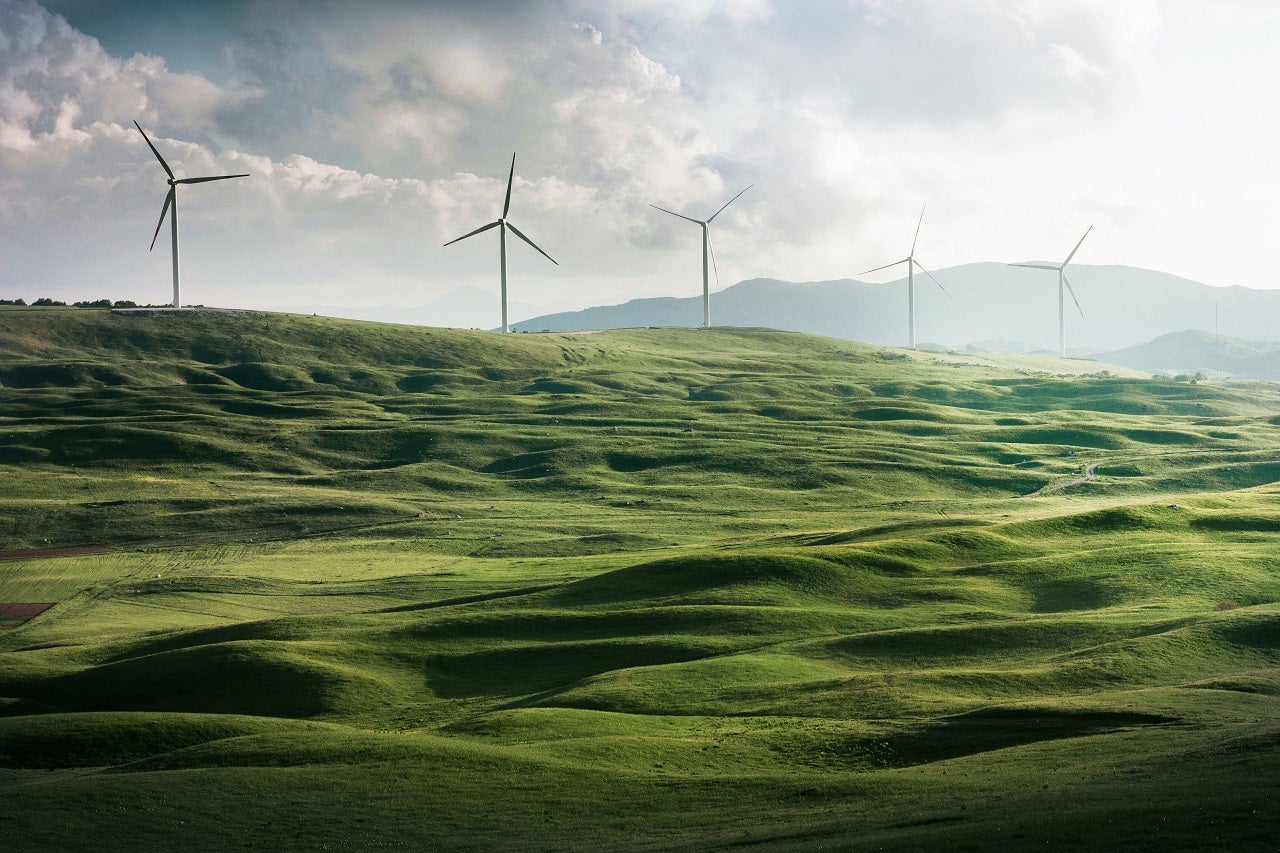
Australia’s Victorian Government has announced plans to invest A$1.6bn ($1.1bn) for creating renewable energy hubs across the state.
The latest investment in the renewable energy sector is part of the Victorian Budget 2020/2021. It is expected to improve power grid infrastructure, decarbonise energy system and reduce emissions while supporting more solar homes in the state.
With this investment, the government aims to create new jobs in the state and help Victorian families decrease their energy costs.
Victoria Minister for Energy, Environment and Climate Change Lily D’Ambrosio said: “We’re driving our economic recovery from coronavirus with renewable, reliable energy that will save families money and support tens of thousands of Victorian jobs.”
“It’s a three-in-one investment – establishing Renewable Energy Zones will create local jobs, reduce power prices and advance our work to tackle climate change.”
In its budget, the state has allocated A$540m ($395m) for creating six Renewable Energy Zones and A$12.6m ($9.2m) to bring more than 600MW of new, clean energy online through a second renewable energy auction.
This investment is expected to generate enough clean energy to power more than 350,000 houses while supporting local manufacturing and jobs.
The investment will also support the government to meet its increased legislated target of 50% of renewable electricity generation.
The government has also allocated A$108m ($79.1m) to help the state to transition towards renewable energy and hydrogen projects.
Local communities will receive A$27m ($19.7m) for establishing energy projects such as microgrids, neighbourhood batteries and community-owned renewable energy projects.
Furthermore, an A$21m ($15.3m) investment will help community groups to install renewable energy systems, storage and energy efficiency improvements at community buildings.
Funding has also been allocated for establishing a fast-charging network for electric vehicles (EV) on major highways and key tourist destinations.
To help Victorians reduce their electricity bills and emissions, the government has announced a household energy package of A$797m ($583m).
It has also allocated A$40m ($29.2m) in grants for businesses to support the installation of efficient, smart technologies to boost productivity and reduce bills. Another A$191m ($139.8m) will help expand the Solar Homes programme.



